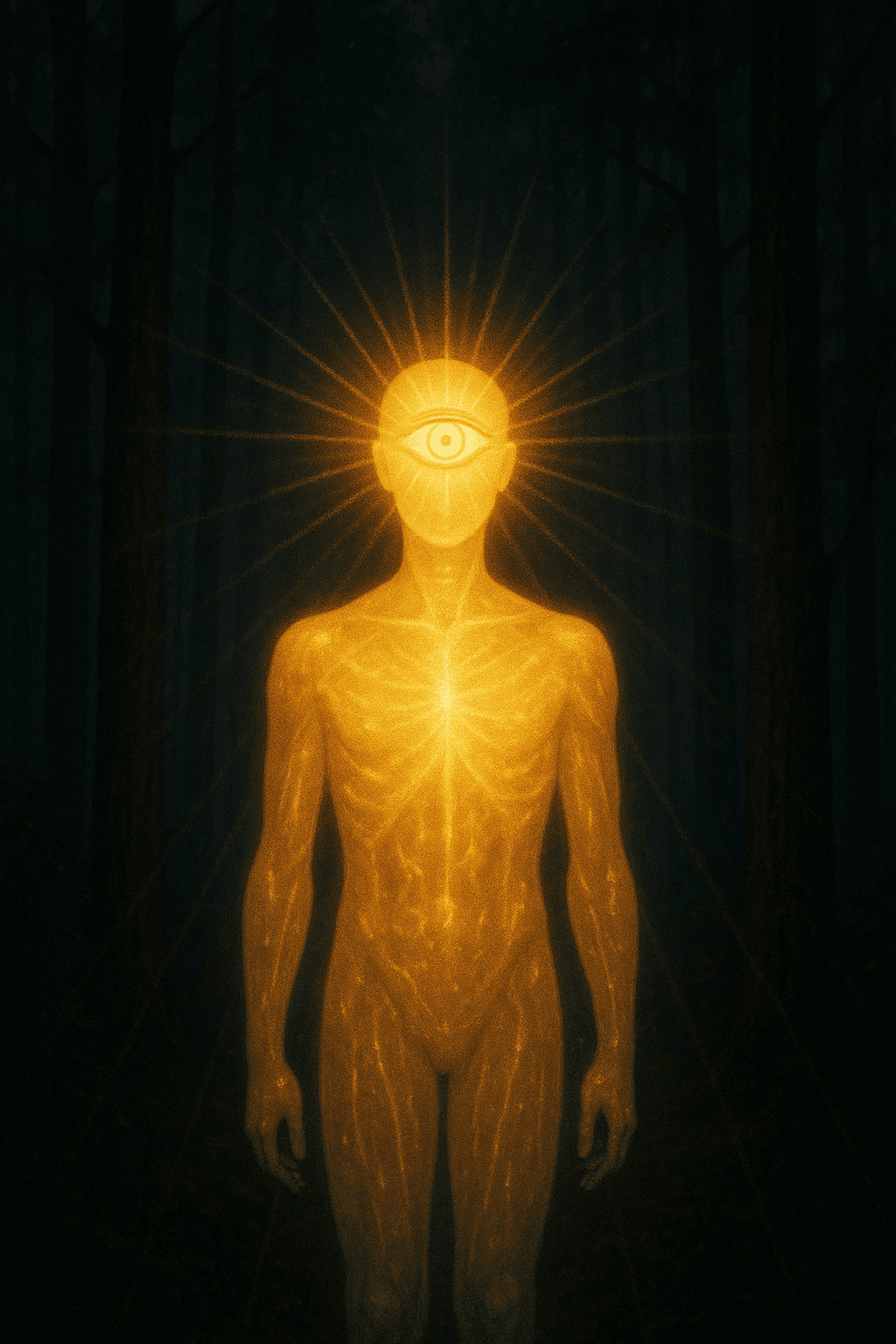Clarity of Vision: Illuminating the Inner Self

The lantern of the body is the eye. If therefore your eye is good, your whole body will be full of light. — The Bible, Matthew 6:22
—What lingers after this line?
One-minute reflection
What feeling does this quote bring up for you?
The Metaphor of Light and Sight
Matthew 6:22 employs a compelling metaphor, depicting the eye as the ‘lantern’ that guides and illuminates the entire body. This imagery, powerful in its simplicity, links our capacity for perception with our overall well-being. Just as a lantern reveals what lies ahead, a clear and healthy eye allows one to navigate life more fully, suggesting that our perspective profoundly impacts our inner experience.
Moral and Spiritual Vision
Expanding on this metaphor, the passage extends beyond physical sight to encompass moral and spiritual clarity. In many religious traditions, vision represents discernment—knowing right from wrong. The ‘good eye’ thus refers to a conscience attuned to truth and virtue. Like the Psalmist who prays, ‘Open my eyes, that I may see wondrous things’ (Psalm 119:18), the biblical narrative treats perception as central to one’s spiritual health.
Interconnection of Perception and Wholeness
Drawing from this idea, the text asserts that a healthy perspective fills the ‘whole body with light.’ In practical terms, our worldview filters experience: a positive, discerning outlook promotes harmony within ourselves. Ancient philosophers, such as Plato in the Allegory of the Cave, also contended that enlightenment—seeing reality clearly—transforms the entirety of one’s existence, not just the intellect.
The Consequences of a Clouded Eye
Conversely, the next biblical verse warns that if the eye is ‘bad,’ the body suffers darkness. This presents a stark warning: distorted vision—be it ignorance, prejudice, or malice—can obscure judgment and foster inner turmoil. This theme recurs throughout literature and history; for example, King Lear’s literal and figurative blindness leads to chaos, illustrating the perils of impaired perception.
Cultivating Inner Illumination
Ultimately, the passage invites both reflection and action. Cultivating a ‘good eye’ involves continuous self-examination and the pursuit of wisdom, aligning one’s internal lantern with truth and compassion. By tending to our ways of seeing—through education, empathy, and openness—we foster the light that enriches our entire being, echoing the ancient exhortation to ‘walk as children of light’ (Ephesians 5:8).